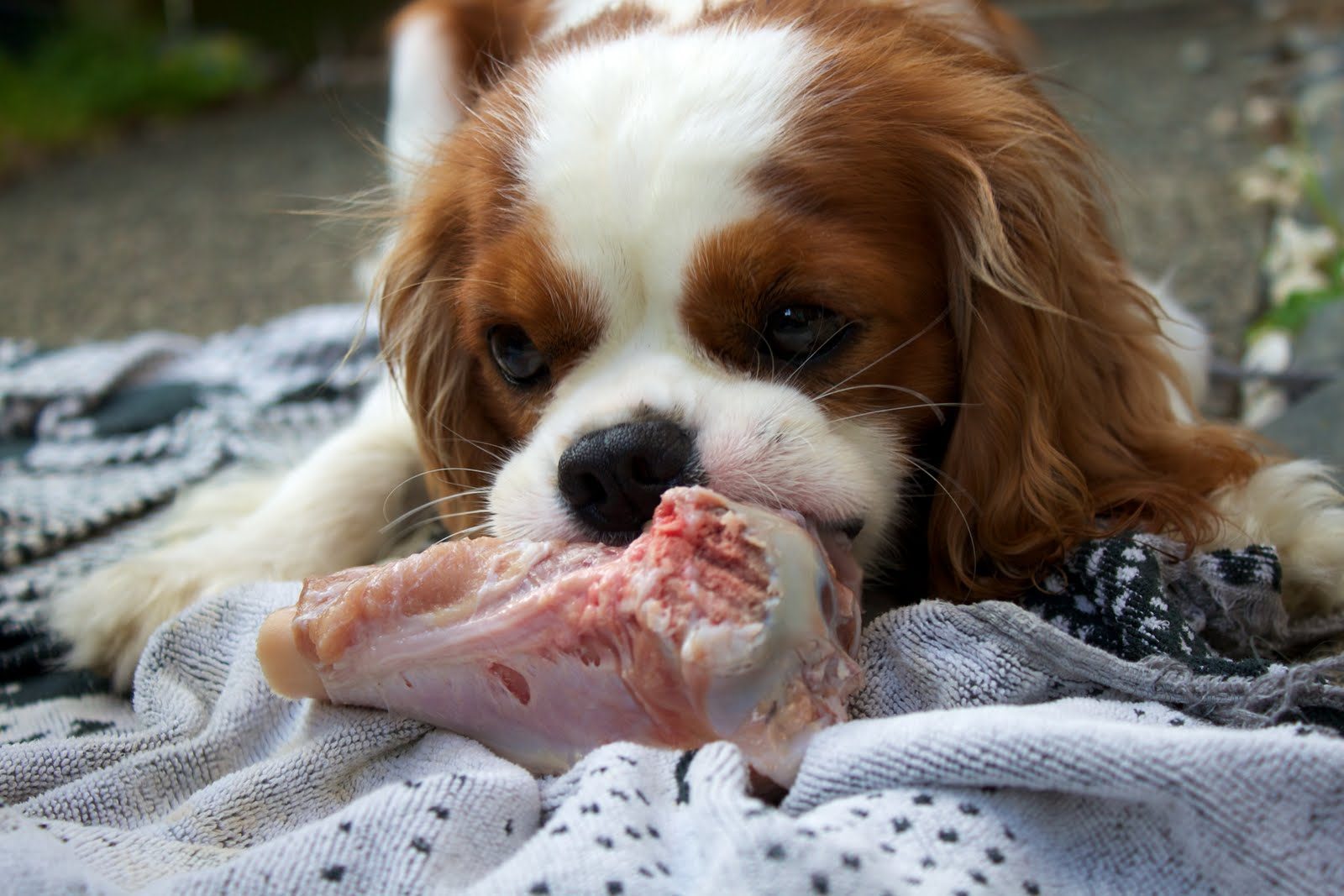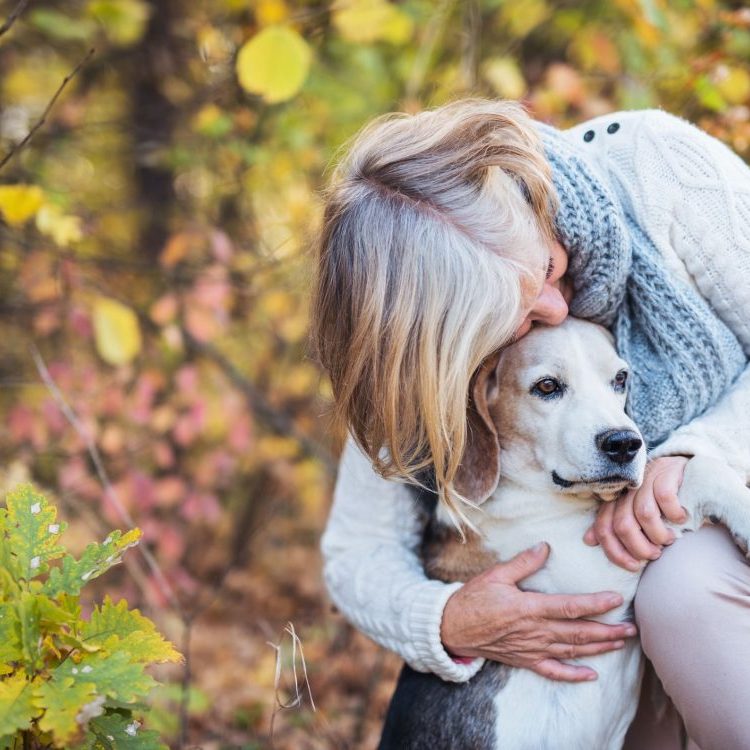 An interesting look at the ethical side of pet food.
An interesting look at the ethical side of pet food.
I have recently been trying to shop ethically for my pets. I know there are a lot of things to think about when you are feeding your pet and ethics might not be on the top of your priorities. However, everyone wants their pet food to be healthy, appetising and economical. The good news is that ethical feeding can be all of these things and I’ll give you some tips on how you can supplement your pet’s dinner in a healthy, tasty, low-cost and ethical manner. Sounds too good to be true? Read on…
I’m not sure that ethical pet food has been defined before but I’m going to give you my definition. Firstly, there needs to be minimal animal suffering in producing your pet food. I’m not suggesting that you make Fido a vegetarian. If you have a dog or especially a cat you own a carnivore and a carnivore needs to eat food appropriate for its species – meat. However, in order to feed your pets a healthy diet we don’t want to create animal suffering.
Ethical feeding means using parts of the animal that people don’t like to eat. This minimises waste and the number of animals harmed in producing your pet’s dinner. The good news is that a lot of this food, namely offal and bones, is very healthy and appetising for pets.
You may also be able to minimise animal suffering by sourcing your pet food from animals that have led happy lives prior to becoming dinner and buying free-range. Another type of free-range that is also better in our Australian environment is buying wild ranges like kangaroo or wild goat and rabbit.
The second priority for ethical pet feeding is reducing your pet’s carbon pawprint. So just like us, it involves reducing packaging or recycling packaging where possible. You may also be able to reduce your pet’s food miles by buying local foods and ingredients. Minimising food wastage will also lower your pet’s carbon pawprint.
So that is my definition of ethical feeding, but is it too complicated to do? It doesn’t have to be. It can be a little step at a time, reducing your pet’s mark on the earth. When buying commercial pet foods consider buying Australian brands or products with recyclable packaging. Alternatively, continue with the food you are currently feeding and supplement with some ethical and healthy fresh choices.
Some great ethical supplements include:
- Offal is healthy and cheap. Feeding a variety of liver, kidney, heart and tongue will provide your pet with a range of different vitamins and essential amino acids. As with all good things you should feed only in moderation.
- Australian Sardines are full of good oils, low in mercury and are sustainable seafood.
- Free-range eggs are packed full of essential fatty acids, vitamins and minerals.
- Raw meaty bones appropriately sized for your pet will provide your pet with calcium and minerals. They are enjoyable to eat and will keep your pets teeth in good condition.
- Leftover steamed veggies will minimise your waste and provide your pet with fibre and vitamins. Just be sure to avoid giving your pets any onions as they can be toxic.
The above supplements can be included as part of a healthy diet but do not form a complete diet. You may want to chat to your vet about how to feed a complete diet or just use the supplements along with an already balanced pet food. If your pet has never had fresh foods or bones before they will not have the digestive enzymes available to properly digest fresh food and may get very sick. Start very slowly with fresh supplements in this case and gradually introduce the foods over a period of a few months.
I hope I can inspire some others to start on this ethical pet food journey with me. Your pets, like mine, will enjoy the variety and will be healthier for it.


